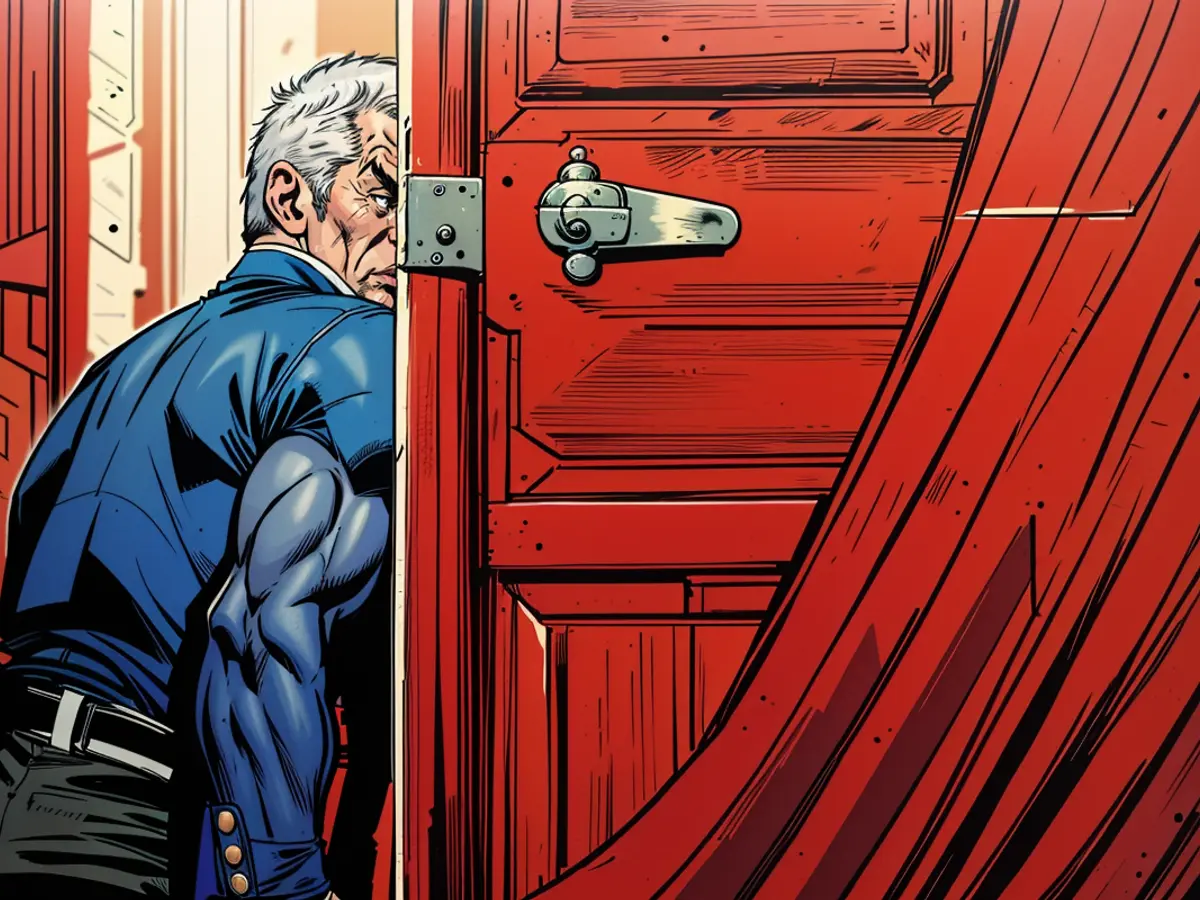In his pursuit of a government, Van der Bellen is straying from conventional paths.
In Austrian politics, it's not explicitly stated, but it's generally expected that the Federal President assigns the winner of the election the task of forming the government. However, the Freedom Party of Austria (FPÖ) isn't interested in helping anyone climb to power. President Van der Bellen acknowledged that fruitless discussions wouldn't benefit the country, hence, the parties are now expected to work out their cooperative arrangements amongst themselves.
President Alexander Van der Bellen suggested a novel approach to establishing a government. Instead of delegating the duty of creating a government to the party with the highest votes, as customary, he proposed that the leaders of the three largest parties, FPÖ, ÖVP, and SPÖ, engage in talks to explore potential partnerships.
"An unusual situation has taken place," said Van der Bellen. "It's unprecedented to have a winner of the election who apparently has no willing partner for government formation." At least two of the three larger parties must cooperate to form a government. Given the current political climate, a three-party coalition involving ÖVP, SPÖ, and a smaller party might be possible for the first time.
Ordinarily, the party with the most votes has been entrusted with forming the government, though this isn't stipulated in the constitution. The Federal President, who holds more influence in Austria than his German counterpart, has the power to make this decision. "We need clarity," said Van der Bellen in Vienna. "Pointless talks will not advance Austria."
Following the National Council election in late September, the right-wing populist FPÖ emerged as the party with the most votes for the first time. The conservative ÖVP suffered significant losses, finishing second, while the Social Democratic SPÖ took third place. The FPÖ collected 29.8 percent of the votes, marking its best performance ever.
FPÖ leader Herbert Kickl managed to lead his party back to prominence, which had been hurting from the "Ibiza scandal" surrounding former FPÖ leader Heinz-Christian Strache. Nearly 1.4 million Austrians cast their votes for the EU and Islam-critical party. The FPÖ, which has been an integral part of the Austrian political landscape for decades and has previously held federal and state government positions, was able to capitalize on its criticism of the black-green government's COVID-19 policy and its strict migration stance. After their victory, Kickl declared his intention to lead the future government. However, no party is willing to assist Kickl's ascent to the Chancellery.
Neither ÖVP nor the SPÖ rules out the possibility of a coalition with the FPÖ, but they reject collaborating with Kickl. Acting Chancellor and ÖVP chairman Karl Nehammer argued that while the FPÖ has "reasonable minds," Kickl is a security risk and has been caught up in conspiracy theories.
The SPÖ, the liberal NEOS, and the Greens oppose governing with the FPÖ in principle, according to Van der Bellen. While Kickl maintains that the FPÖ would only join a government with him as Chancellor. "A classic standoff," said Van der Bellen. He granted the three parties until the end of next week to hold talks.
The Federal President's proposal for cooperation between the three largest parties hints at a potential shift in the traditional role of the public sector. If a coalition involving ÖVP, SPÖ, and a smaller party forms, it could signify a significant change in government policies.
Given the opposition from major parties towards a FPÖ-led government, the public sector may continue to operate under the existing political party, either ÖVP or SPÖ, for the time being.








